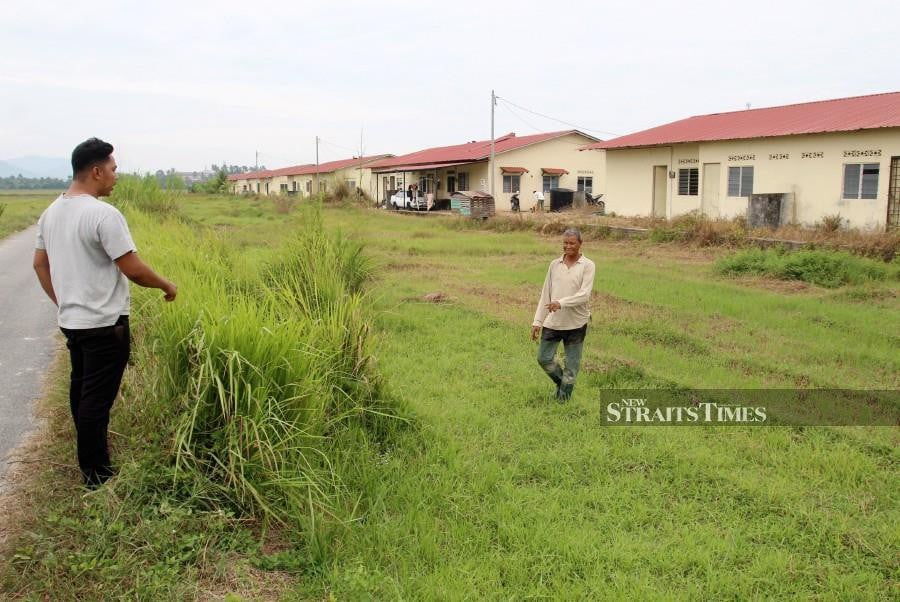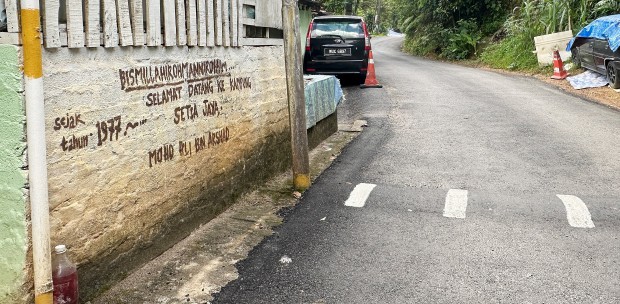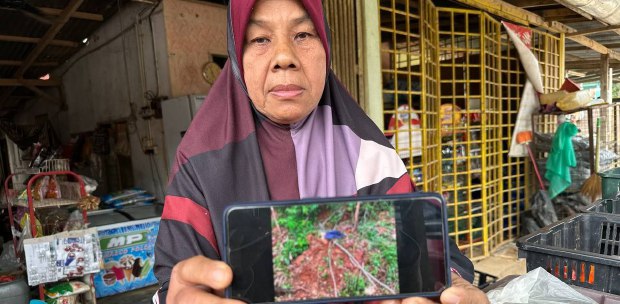When it comes to land administration of this country, two things come to mind: the lack of knowledge of land rights, and a very slow process of land alienation.
I said this to a journalist, who asked me about this recently, and told her of past and present cases in Perak, Negri Sembilan, Penang, Kedah and Selangor.
In one case, after waiting for two decades, residents of Kampung Baru Papan Lama (not far from Ipoh) were finally granted Temporary Occupation Licences (TOL) for their homes. ("Villagers get land titles after a long wait", April 7, 2019 — NST).
The report stated that 12,668 TOL had been approved by the Perak state government. The (then) menteri besar Datuk Seri Ahmad Faizal Azumu said the approval involved nearly four million hectares of land. He added the state government was also then in the midst of issuing TOL to 3,000 other applicants.
The residents were obviously happy because they believed, or were possibly led to believe, that the official documents they received from the state authority represented proof of land ownership. Alas, the harsh reality is otherwise: under the law, a TOL land remains state land. Unless it is renewed for another year, a TOL expires on Dec 31.
A large body of case law shows no matter how many times a person gets his TOL renewed, there is no guarantee that the TOL will finally be replaced with a leasehold of 99 years (in law known as "a term of years"). It is now almost impossible for an ordinary citizen to get a freehold (in law known as "in perpetuity").
In Teh Bee v Maruthamuthu (1977), a case from Negri Sembilan, a TOL of over 20 years ended badly for the TOL holder, when the state authority ultimately alienated the piece of state land to another individual.
In another, residents of Kampung Buah Pala in Penang had occupied the village for a very long time, but in the end, the Penang state authority alienated it to a cooperative society.
The latter (the new owner) subsequently entered into a joint-venture with a developer to turn it into a commercial project. When the villagers took their case to court, their suit was dismissed on the ground that they have no locus standi.
Under the law, when your TOL is not renewed, you become a trespasser on state land. In that situation, when you go to court, you do not even have a chance to present your case.
In yet another case last June, a daily published the story of 500 residents of several villages near Pendang, Kedah, who had been waiting for 50 years for their land titles. According to Ishak Ahmad (56), their ancestors had been working on the land, turning them into padi fields, orchards and rubber holdings.
The villagers had sought the assistance of the Pendang Land Office, especially after their TOL had not been renewed since 2017. I hope the residents will not face the same fate as the residents of Kampung Buah Pala.
In another case, a news piece published on a portal on Dec 25 last year, told the sad tale of 94 families in Rawang, Selangor, who had been waiting for 35 years for their housing lots.
The report added the Gombak District and Land Office had approved the application for 52 families, while the fate of the 42 families remained uncertain.
Finally, last week's story of 300 residents of Kampung Melayu Bukit Tarek in Ulu Yam, Hulu Selangor is the most recent example of this confusion over land rights.
At first, we were told that the village area is part of a reserved forest, which would mean it could never be alienated to the public, unless the area had first been degazetted.
Subsequently, former Selangor menteri besar Dr Mohamad Khir Toyo came forward to explain that under his administration, the state government had already issued land titles to the villagers in 2004.
Under the cardinal rule of the Torrens system, "the register is everything". With land titles in their possession, the residents of Kampung Melayu Bukit Tarek should not be worried about their land rights. The problem is that, after all these years (despite Selangor being hailed as the most modern state), the area in question is still without basic amenities and infrastructure.
But that is another story.
The writer was a federal counsel at the Attorney-General's Chambers and visiting professor at Universiti Teknologi Malaysia. He is now a full-time consultant, trainer and author






